1.Sally asked questions about everything she saw.
2.Sally had never travelled on a train before.
3.Sally opened the lady’s handbag and took out her powder compact.
4.Sally said the lady was still ugly even after putting on makeup.
DICTATION
Last week, my four-year-old daughter, Sally, was invited to a children’s party. I decided to take her by train. Sally was very excited because she had never travelled ( ) a train before. She sat near the window and asked questions about everything she ( ). Suddenly, a middle-aged lady ( ) on the train and sat opposite Sally.
“Hello, little girl,” she said.
Sally did not answer, but looked at her curiously. The lady was dressed ( ) a blue coat and a large, funny hat.
After the train had left the station, the lady opened her handbag and ( ) out her powder compact. She then began to make up her face.
“( ) are you doing that?” Sally asked.
“To make myself beautiful,” the lady answered.
She put away her compact and smiled kindly.
“But you are still ugly,” Sally said.
Sally was ( ), but I was very embarrassed!
語彙チェック
my four-year-old daughter ハイフンで結ぶ時はyearsとなりません。
「電車で」:trainに冠詞のない時はby train冠詞があるとon a train
sit opposite A:「Aの反対側に座る」
a middle-aged lady:「中年女性」
curiously:「興味深く」
make up one’s face:「顔に化粧をする」
take out:「物を取り出す」
put away:「物を元の場所に戻したり、収納したりする」
ugly:beautifulの反意語
amuse:「を楽しませる」
embarrass:「に恥ずかしい思いをさせる」be embarrassed:「恥ずかしい」
英検2次のスピーキング頻出構文 絵を見て英語で表現対策
「彼女はバッグから本を取り出した。」
She took out her book from her bag.
She took her book out of her bag.
She took her book from her bag.
解答
1
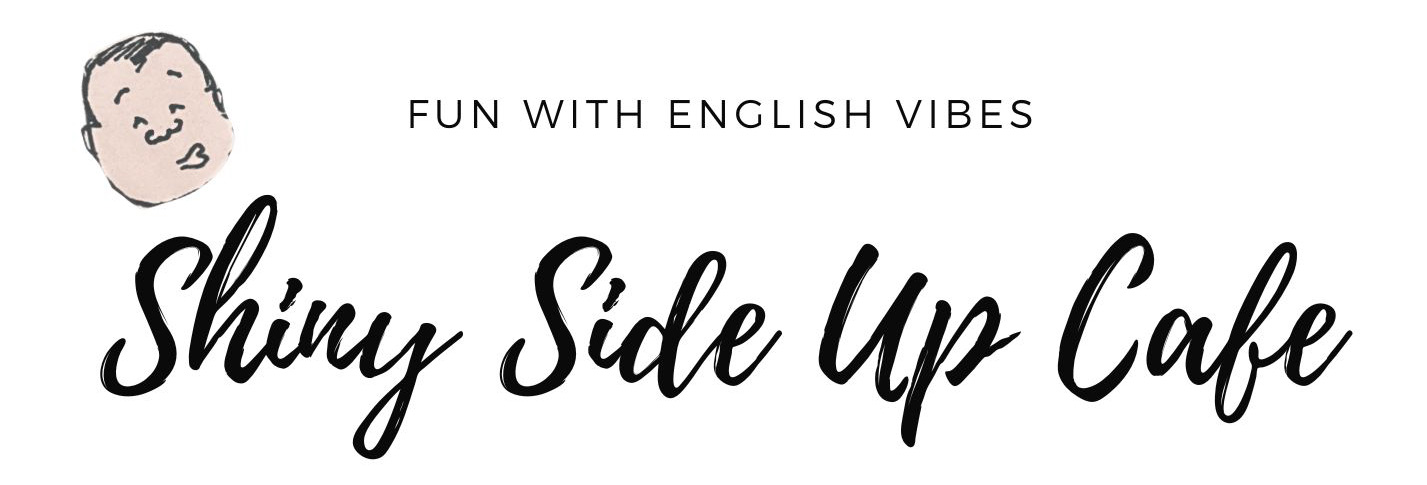
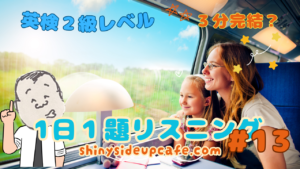
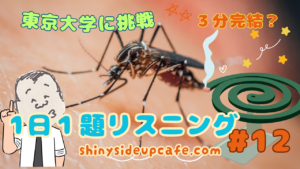





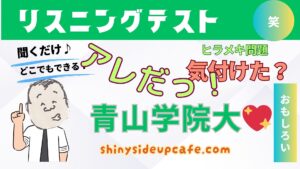
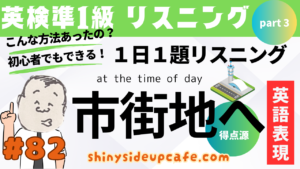
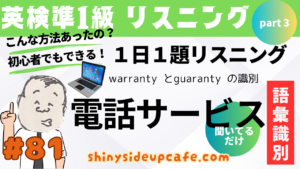
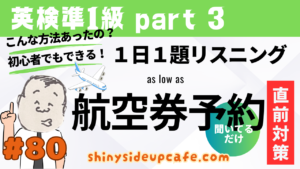
コメント